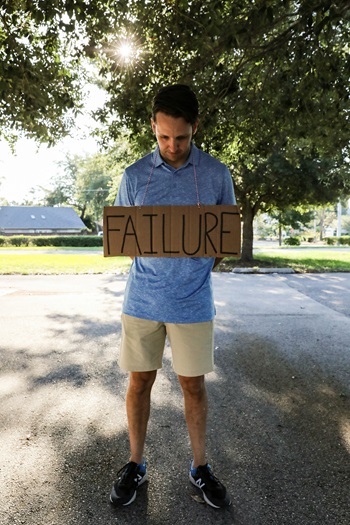Taking Personal Responsibility Has Become Personal
by Lesley Wirth, MA
I’m just going to say it: The self-help world needs to reconsider the phrase, “Take responsibility for your life.”
Why?
It rarely works.
 It is usually the wrong medicine, offered at the wrong time, to the wrong person.
It is usually the wrong medicine, offered at the wrong time, to the wrong person.
When someone has suffered from loss, injustice, or trauma, telling them to “Take personal responsibility for their reality,” is not helpful. It is damaging.
Maybe you’ve been there: you lay your heart bare to a spiritual coach you believed you could trust, only to have them dismiss your experience by telling you to let go of your “victim consciousness.”
If you are really lucky, they will ask you what part of you attracted your situation so you could learn from it.
I understand people mean well, but words like these can feel like a weapon against the heart when trauma is involved. Said another way, spiritual insight is not very insightful when it misses the mark.
Rebuilding connection through compassion
If a vase drops and shatters, the pieces must be picked up before they can be glued back together.
If a leg is broken, it is set back in place through the firm wrapping of the cast. To heal, humans need these same principles— they need to be picked up and held.
It is important that everyone understands that people who have been victimized rarely play the victim. In fact, they tend to hide what has happened to them. So, if they come forward and share their anger, fear, or despair, they need safety, not spiritual growth gone wrong.
If you are someone who has opened up about deeply painful experiences in your life, only to be invalidated, please remember that this is the other person’s shortcoming, not yours.
True personal responsibility means you own your experience and then consciously choose how you want to respond to it. It does not mean spiritually bypassing your way out of pain in an effort to appear more evolved.
Personal responsibility done right
Learning to tell the difference between personal responsibility that is truly transformational, and personal responsibility that is toxic, is essential.
Toxic personal responsibility minimizes the human experience, dismisses the role of trauma, and very subtly blames the victim for thinking and feeling the way they do.
On the flip side, when the concept of personal responsibility is introduced from a healthy, loving space, it feels expansive. It has the power to help someone let go of the shame, guilt, and an oppressive heaviness they have carried for years.
In the end, personal responsibility is not about perfection, but instead about the courage to face hard truths with self-compassion and a growth mindset. It allows people the chance to take the hardest parts of their lives and use them as stepping stones for something better.
Practical strategies for embracing personal responsibility
Esoteric concepts need practical applications. There are three distinct ways to frame and apply personal responsibility, including taking control of your timing, taking ownership of your freedom, and identifying your role in the situation.
Take control of your timing
Whether it is a religious organization, friends and family, or society at large, there can be a subtle message to forgive someone before you are ready. While forgiveness can be a liberating choice, if it is not genuine, it requires self-abandonment in an attempt to fit an outside narrative.
Letting go of the past cannot be forced. It happens organically after addressing unresolved emotions. Taking personal responsibility can be as simple as choosing to process difficult emotions in hopes of a better future.
Take ownership of your freedom
Taking personal responsibility is empowering when it elicits a sense of hope. Instead of taking on the wrongdoings of another person, or continuing to self-blame for your own choices, think about what has to change in order to find freedom.
What are you telling yourself about the situation? Thoughts can become so repetitive that they start to feel normal. Instead of continuing to repeat the same thought patterns, driving them deeper into your consciousness, write down what you tell yourself in a very simple format. For example, “No one will want to date me because of this,” or “Justice will never be served.”
If your thoughts limit what is possible for your life, they cut off room for healing and resolution. Once you start changing your beliefs from limiting to empowering, you will start to see shifts in your daily life that reflect your new outlook.
Identify your role
Looking at your role in a situation does not mean taking responsibility for someone else’s behavior. It also does not mean injustice is okay. Instead, it should provide an opportunity to see things you may have overlooked before, allowing you to learn from the experience and avoid making the same choice again. For example, if red flags were ignored, reflect on why they were ignored. What part of you was willing to dismiss the warning signs?
By identifying where your thoughts, feelings, and choices intersect with a challenging situation, you can empower yourself to move beyond old ways of functioning in the world.
At the most fundamental level, personal responsibility has the power to subtly shame or help liberate. The key is to embrace it as a chance for inner-authority that allows for greater clarity and purpose.
It is not about perfection or holding yourself to unrealistic standards, but instead about recognizing your ability to shape your own path.
Liked this article? You might also be interested in: Persistent vs. Impulsive Self-Improvement.
